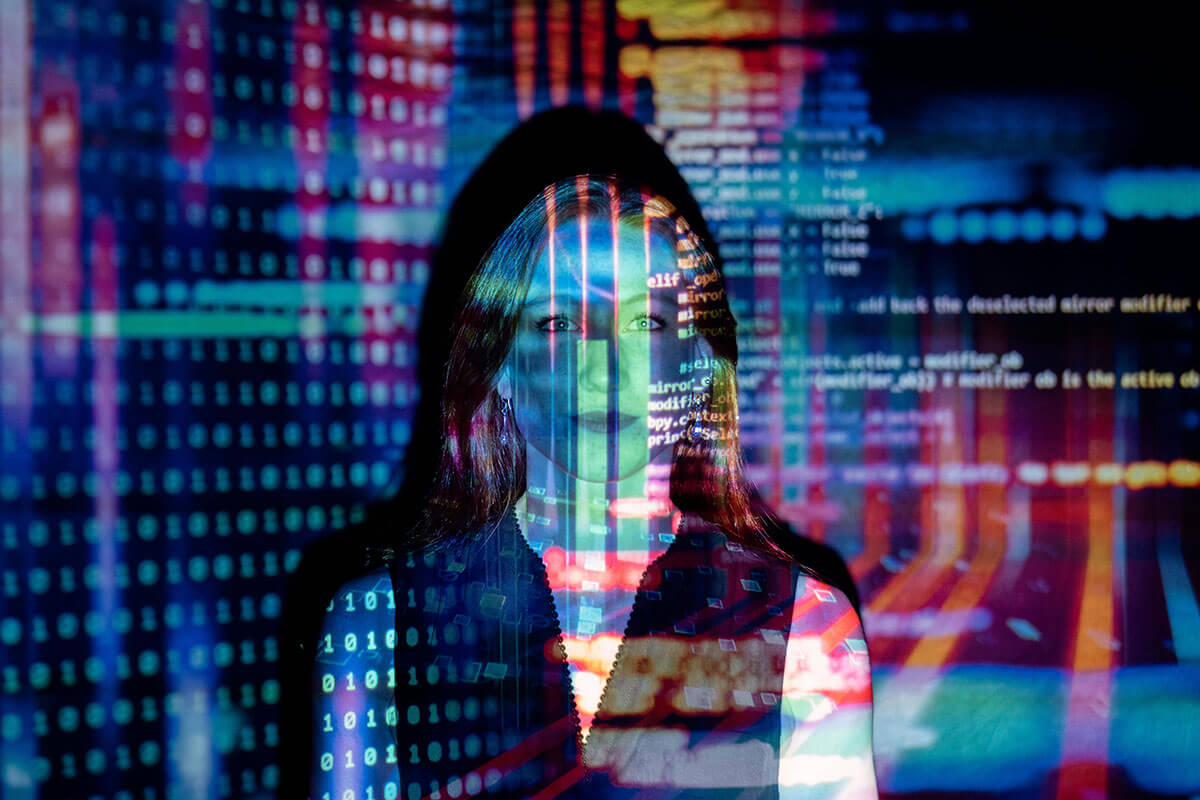In an era where artificial intelligence (AI) is making significant strides, a pressing question looms in the minds of many professionals: “Will AI replace my job?” This question, fueled by advancements in technology and the integration of AI across various industries, warrants a nuanced exploration. This blog post aims to shed light on the complexities of AI’s impact on the job market, distinguishing between the myths and realities, and providing insights into how professionals can adapt to this evolving landscape.
AI in the Workplace: The Current Landscape
AI’s presence in the workplace is not a futuristic concept but a current reality. From automating mundane tasks to providing sophisticated analytics and insights, AI technologies are being leveraged to increase efficiency and drive innovation. However, the idea that AI will render human jobs obsolete is an oversimplification of a much more complex picture.
The Dual Nature of AI’s Impact
Job Displacement: It’s undeniable that certain repetitive and manual jobs are at risk of automation. Jobs that involve routine tasks or predictable patterns are more susceptible to being replaced by AI and machine learning algorithms.
Job Creation: Conversely, AI is also a significant job creator. New industries and roles are emerging in the wake of AI’s rise, such as AI specialists, data scientists, and roles that require oversight and management of AI systems.

Navigating the AI Era: Adaptation is Key
The narrative is not solely about job loss or displacement but also about transformation and adaptation. The key to thriving in the age of AI is adaptability. Here’s how professionals can equip themselves for the future:
Lifelong Learning: Embrace continuous learning to stay abreast of technological advancements. Engaging in upskilling and reskilling programs, especially in tech and AI-related fields, can open new career opportunities.
Soft Skills Enhancement: While AI excels in analytical tasks, human-centric skills like creativity, empathy, and problem-solving are challenging for AI to replicate. Focusing on these soft skills can provide a competitive edge.
Collaboration with AI: Instead of viewing AI as a competitor, seeing it as a collaborator can lead to more productive outcomes. Combining human intuition with AI’s analytical prowess can lead to enhanced decision-making and innovation.
The Road Ahead: A Synergy of Human and AI Intelligence
The future of work is not about choosing between human or AI but finding the optimal synergy between the two. The integration of AI in the workplace presents an opportunity to redefine job roles, foster creative problem-solving, and drive unprecedented levels of productivity.
The Evolution of Jobs: As AI takes over routine tasks, human roles are likely to evolve towards more strategic, creative, and interpersonal activities.
Creating AI-Ready Workplaces: Businesses must foster an environment conducive to AI integration, focusing on ethical AI use, transparency, and continuous learning and development for their workforce.
Conclusion
“Will AI replace my job?” is a multifaceted question that doesn’t have a one-size-fits-all answer. The impact of AI on the job market is profound and far-reaching, heralding a shift towards more innovative, meaningful, and collaborative work. By embracing lifelong learning, enhancing soft skills, and viewing AI as a collaborative force, professionals can not only mitigate the risk of obsolescence but also pave the way for a thriving career in the AI-augmented future. The dawn of AI is not the sunset of human jobs but a horizon brimming with new opportunities, roles, and challenges, setting the stage for a new era of human-AI partnership in the workforce.


